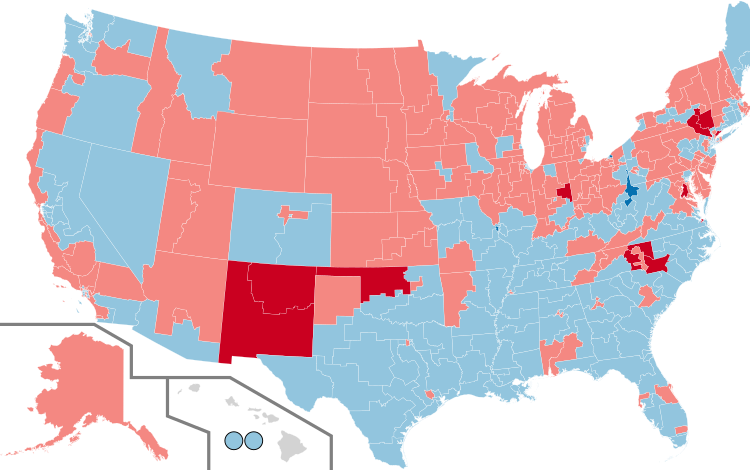Research supports effectiveness of pandemic-era bond purchases
- Bank of Canada’s quantitative easing (QE) helped increase economic output by up to 3%
- Deputy Governor Sharon Kozicki defends the central bank’s bond-buying program during pandemic
- QE lifted inflation by as much as 1.8 percentage points
- Bank of Canada ended QE in October 2021, first major central bank to do so after pandemic
- Conservative Party criticized the program for fueling inflation and increased government spending
A senior Bank of Canada official has provided a comprehensive defense for the central bank’s purchase of bonds during the pandemic, stating that quantitative easing (QE) lifted economic output by up to 3%. Deputy Governor Sharon Kozicki said research indicates that without these measures, longer-term yields would have been nearly a percentage point higher. The bond-buying program faced criticism for fueling inflation and increased government spending. The Bank of Canada ended QE in October 2021, being the first major central bank to do so after the pandemic. An analysis showed that peak impact of QE on real GDP occurred three to four quarters after the initial Covid-19 shock.
Factuality Level: 8
Factuality Justification: The article provides accurate and objective information about the Bank of Canada’s bond purchasing during the pandemic, its impact on economic output and inflation, and the central bank’s defense of its actions. It also includes relevant quotes from Deputy Governor Sharon Kozicki and external perspectives from an economist. The article is well-researched and presents a balanced view of the situation.
Noise Level: 6
Noise Justification: The article provides a detailed analysis of the Bank of Canada’s bond purchasing during the pandemic and its impact on economic output and inflation. It also discusses the criticism faced by the central bank for fueling inflation and mentions an upcoming review of their exceptional measures. However, it could have included more information on alternative perspectives or evidence from external sources to provide a more balanced view.
Public Companies: Bank of Canada (N/A)
Key People: Sharon Kozicki (Deputy Governor), Tiff Macklem (Governor), Pierre Poilievre (Conservative Party leader), Royce Mendes (Economist at Desjardins Securities)
Financial Relevance: Yes
Financial Markets Impacted: Bank of Canada, bond market, inflation, interest rates
Financial Rating Justification: The article discusses the Bank of Canada’s quantitative easing program during the pandemic and its impact on economic output, borrowing costs, inflation, and monetary policy. It also mentions the potential for further rate cuts by the central bank, which can affect financial markets and companies.
Presence Of Extreme Event: No
Nature Of Extreme Event: No
Impact Rating Of The Extreme Event: No
Extreme Rating Justification: There is no extreme event mentioned in the article.
 www.wsj.com
www.wsj.com 





